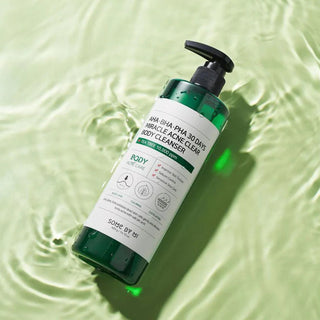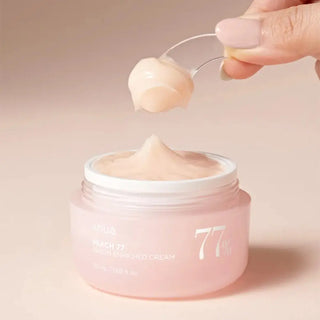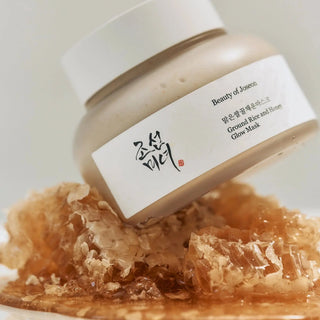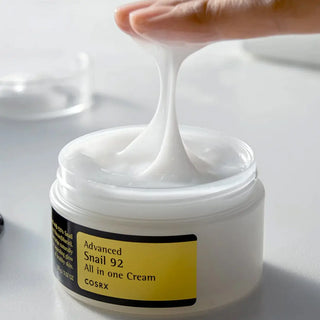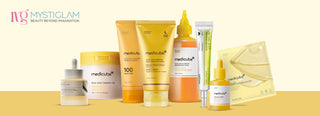Getting quality sleep is one of the most underrated habits for skincare. While moisturisers, serums, and fancy facials get all the attention, the truth is, sleep holds the power to completely transform how your skin looks and feels. If you’ve ever looked in the mirror after a restless night and noticed dullness, puffiness, or breakouts, you’ve seen firsthand how sleep affects skin. Let’s explore exactly what’s happening while you sleep, and why it matters so much for your skin health!
The Connection Between Sleep and Skin Health
Sleep plays a critical role in your skin’s ability to repair, restore, and regenerate. Each night, as you enter deep sleep, your body goes into recovery mode, which is when damaged skin cells are replaced, collagen is produced, and blood flow to the skin increases. These processes are essential for keeping your complexion vibrant, smooth, and youthful.
Good sleep also regulates hormones that affect your skin. The stress hormone, called cortisol, drops significantly during restful sleep. Lower cortisol levels help reduce inflammation, prevent breakouts, and protect your skin from conditions like eczema and psoriasis.
How Sleep Affects Skin Regeneration
Your skin isn’t passive while you sleep; it’s actively working. When you enter deep sleep stages, your body boosts blood circulation, delivering oxygen and nutrients to your skin. This increased flow helps repair UV damage, reduce pigmentation, and create a more even skin tone.
During this time, your body also produces growth hormones. These hormones stimulate the creation of new cells and the repair of damaged tissue. So, your skin gets the tools it needs to regenerate and bounce back from daily wear and tear.
Collagen Production and Anti-Aging Benefits
One of the most powerful skin benefits of a good night’s sleep is increased collagen production, which maintains your skin’s firmness and elasticity. Without enough sleep, your body struggles to produce collagen, which can lead to skin sagging, fine lines, and wrinkles.
Chronic sleep deprivation speeds up the aging process. The stress it places on your body triggers more cortisol, which actively breaks down collagen. This makes skin less elastic and more prone to early signs of aging.
Hydration and Moisture Retention
Natural perspiration during sleep helps moisturize the skin, softening wrinkles and maintaining elasticity. Sleep also plays a role in maintaining the skin’s pH balance, which is essential for keeping the barrier intact.
Not getting enough rest disrupts this balance. It can cause your skin to lose moisture, leading to dryness, flakiness, and sensitivity. Dry skin often looks dull and feels rough, which makes a good night’s sleep an essential part of your hydration routine.
Dark Circles and Puffiness: The Tell-Tale Signs
The most visible consequence of poor sleep is getting dark circles under the eyes. Blood vessels under the eyes tend to dilate when you’re sleep-deprived. This causes a bluish or purplish tint. Fluid retention also increases, making your eyes appear puffy and tired.
These cosmetic concerns may not pose a medical issue, but they do affect your overall appearance. Concealers can temporarily hide the darkness, but addressing the root cause, better sleep, is a longer-lasting solution. If you struggle with persistent dark circles, your body may not be getting the oxygen it needs during sleep, possibly due to iron deficiency or poor circulation.
The Impact of Sleep on Skin Health
Sleep has a direct effect on inflammatory skin issues like acne, eczema, and rosacea. Inadequate rest causes your body to produce more cortisol, which increases oil production and triggers inflammation. This creates a perfect environment for breakouts and flare-ups. Sleep also affects your immune system. A strong immune response helps control skin infections and manage inflammatory conditions.
Dull Skin and Lack of Radiance
Ever wake up after too little sleep and feel like your glow disappeared overnight? You’re not imagining it. Poor sleep lowers circulation, reducing oxygen flow to the skin. This leads to a grayish, uneven complexion.
Inflammation caused by sleep deprivation also damages the proteins responsible for skin smoothness and glow. Your skin may start to appear blotchy or pigmented, making you look older and more tired than you actually are.
How Sleep Affects the Skin Barrier Function
Your skin’s outermost layer acts like a shield, protecting against environmental pollutants, bacteria, and harsh weather. Poor sleep weakens this barrier. As a result, your skin may become dry, itchy, and more prone to redness and irritation. Getting quality sleep supports this defense system, keeping your skin protected and resilient.
The Role of Hormones During Sleep
Several hormones released during sleep work together to improve your skin’s condition. We’ve already discussed cortisol and growth hormone, but melatonin deserves a spotlight too.
Melatonin, produced in higher quantities at night, has powerful antioxidant properties. It helps combat oxidative stress and neutralize free radicals that damage skin cells. This hormone supports overnight skin repair, slows signs of aging, and even strengthens your skin’s natural defences.
Tips for Better Sleep and Healthier Skin
Getting 7 to 9 hours of uninterrupted sleep isn’t just about feeling refreshed. It’s one of the simplest, most natural skincare treatments available. Here are some practical tips to help you sleep better and support your skin in the process:
- Create a calming bedtime routine: Avoid screens before bed and wind down with relaxing activities like reading or taking a warm shower.
- Keep your sleeping environment comfortable: Invest in breathable, high-thread-count sheets. Keep your room cool, dark, and quiet.
- Avoid alcohol and caffeine at night: These can interfere with sleep quality and disrupt the skin’s repair process.
- Stay hydrated: Keep water by your bed and sip throughout the evening. Dehydrated skin looks dull and tired.
- Cleanse your face before bed: Remove all makeup, dirt, and oil to allow your skin to breathe and regenerate overnight.
- Use a night-time moisturizer or serum: Choose products with antioxidants, vitamin C, or hyaluronic acid to help repair and hydrate your skin while you sleep.
- Elevate your head slightly: This can help reduce fluid retention and minimize morning puffiness.
Looking to boost your skincare routine alongside a good night’s sleep? Discover radiant, healthy skin with the finest Korean beauty products in the UAE. At Mystiglam, you’ll find the latest in K-beauty trends and premium skincare solutions tailored to your skin’s needs. Don’t miss our bestselling range of LA ROCHE POSAY in the UAE; trusted by dermatologists worldwide for effective, science-backed care.
Conclusion
The link between sleep and skin health is more than just an old saying about "beauty sleep." It’s science-backed and incredibly real. When you prioritize sleep, you give your skin the time it needs to repair, rejuvenate, and glow. The effects are visible: smoother texture, brighter tone, fewer breakouts, and fewer signs of aging.
While skincare products from Mystiglam and treatments have their place, nothing replaces the benefits of a full, restful night’s sleep. Treat it as the cornerstone of your beauty regimen, and your skin will thank you every morning!


